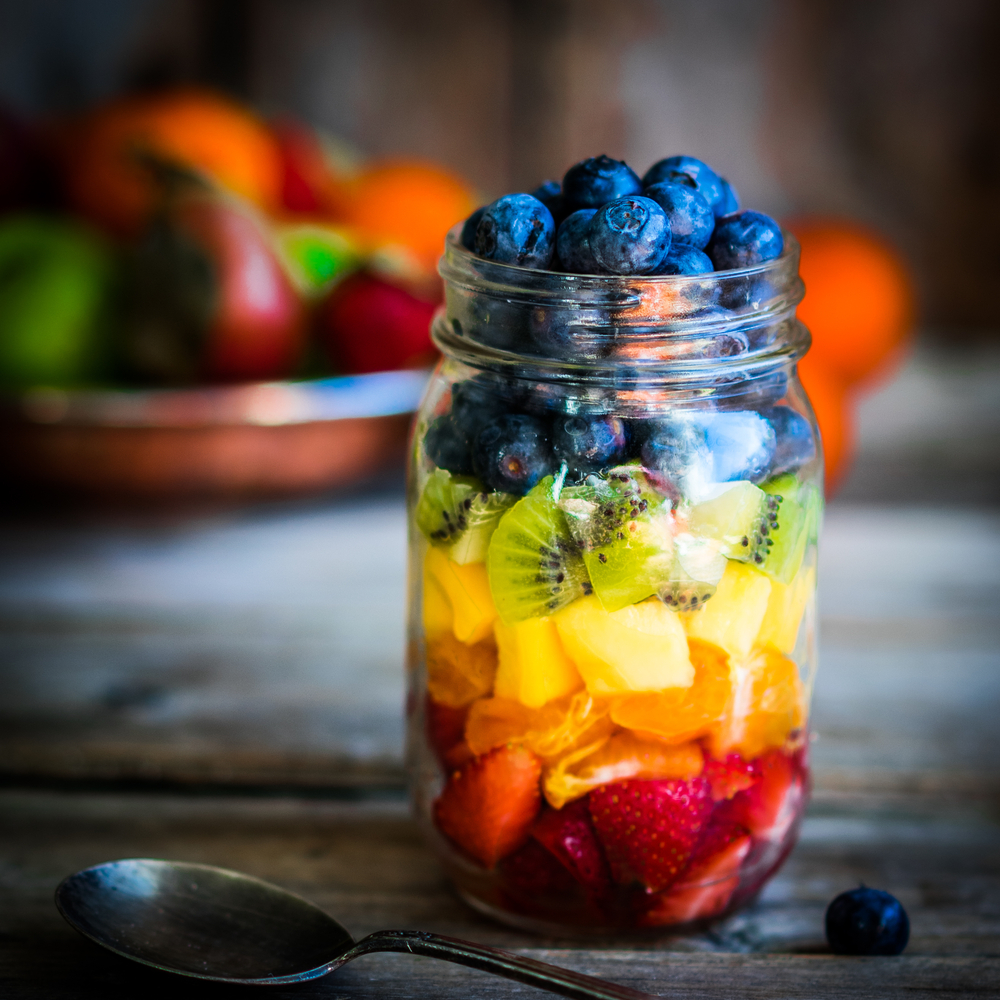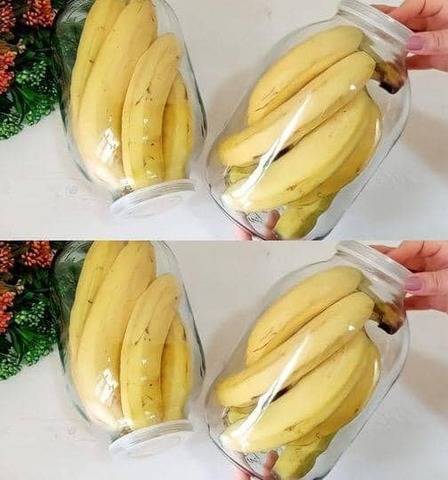Properly storing fresh fruits can be a challenge, especially when you want to maintain their flavor and nutritional value. One effective method to extend the freshness of your fruits is by storing them in mason jars. This article will guide you through the benefits and techniques of using mason jars for fruit storage, ensuring your produce stays fresh for longer.
The Benefits of Mason Jar Storage

Storing fruits in mason jars offers numerous advantages over traditional plastic containers or bags:
- Extended Freshness: Mason jars provide an airtight seal that helps preserve the natural freshness of fruits by keeping out excess air and moisture, which can accelerate spoilage.1
- Reduced Waste: By maintaining the quality of your fruits for longer periods, you reduce food waste, saving money and ensuring you have fresh snacks available.2
- Convenience: Prepping fruits in mason jars makes them readily accessible for quick snacks or meal additions, encouraging healthier eating habits.
- Eco-Friendly: Reusable mason jars reduce reliance on single-use plastics, promoting a more sustainable lifestyle.3
- Aesthetic Appeal: Storing fruits in mason jars adds a visually appealing touch to your refrigerator or pantry, with colorful fruits neatly arranged.
Selecting the Right Mason Jars

Choosing the appropriate mason jars is crucial for effective fruit storage:
- Size: Mason jars come in various sizes, from small 4-ounce jars to larger 32-ounce jars. Select the size based on the quantity of fruit you plan to store and your usage needs.
- Mouth Type: Wide-mouth jars are easier to fill and are ideal for larger fruits or bigger quantities, while regular-mouth jars are suitable for smaller pieces or liquids.
- Material: Glass is preferred it is non-reactive and does not absorb odors or flavors. Avoid plastic jars to prevent any potential contamination.
- Airtight Seals: Ensure your mason jars have airtight lids to maintain the freshness of the fruits. The two-piece canning lids (a metal band and a flat lid with a rubber gasket) are commonly used.
Preparing Fruits for Mason Jar Storage

Proper preparation of fruits before storing them in mason jars is essential:
- Washing: Thoroughly wash fruits under running water to remove dirt, debris, and potential pesticide residue. Handle delicate fruits like berries gently to avoid bruising.
- Drying: Allow the fruits to dry completely before storing them. Excess moisture can lead to mold growth. Use a paper towel or a drying mat to ensure they are as dry as possible.
- Cutting and Trimming: Remove stems, cores, and any blemished parts of the fruits. Cut larger fruits into smaller, uniform pieces for easier storage.
- Preventing Browning: For fruits that brown easily (like apples and pears), treat them with lemon juice or a solution of water and ascorbic acid before storing.
Packing Fruits in Mason Jars

Follow these steps to pack fruits effectively in mason jars:
- Tightly Pack: Fill the jars tightly with prepared fruits, ensuring there are no gaps or air pockets. This helps prevent spoilage by minimizing air exposure.
- Leave Headspace: Leave about ½-inch to 1-inch headspace between the fruits and the jar lid to allow for expansion and proper sealing.
- Tapping: Gently tap the jars on the countertop to remove any air bubbles that may have formed during packing.
- Sealing: Wipe the rims of the jars with a clean, damp cloth to remove any residue before sealing with the lids.
Adding Syrups or Juices for Flavor

Enhance the flavor and extend the shelf life of your fruits by adding syrups or juices:
- Simple Syrup: Combine equal parts water and sugar, heat until dissolved, and let it cool before adding to the jars.
- Fruit Juice: Use fruit juice to pack fruits, choosing juices that complement the fruit being stored^3.
- Herb-Infused Syrups: For a unique twist, make syrups infused with herbs like mint or spices like cinnamon to add depth of flavor.
Storing Mason Jars of Fruits

Proper storage is key to maintaining the freshness of fruits:
- Refrigeration: Store mason jars in the refrigerator for short-term storage. Place them on a stable shelf away from strong-smelling foods to prevent odor absorption.
- Room Temperature: Some fruits, like avocados and bananas, can be stored at room temperature. Keep the jars in a cool, dark place away from direct sunlight.
Regular Checking and Usage

Regularly check the jars for signs of spoilage and use the oldest jars first:
- Inspect Seals: Ensure the lids are securely sealed and check for any signs of leakage or bulging.
- Monitor for Spoilage: Look for mold, off odors, or discoloration. Discard any jars showing signs of spoilage.
- Use Promptly: Consume the fruits within the recommended storage time for the best taste and quality.
Conclusion

Storing fruits in mason jars is an effective way to extend their freshness and reduce food waste. By following proper preparation, packing, and storage techniques, you can enjoy fresh, flavorful fruits for longer periods. Embrace this sustainable and convenient method to keep your fruits fresh and accessible.
